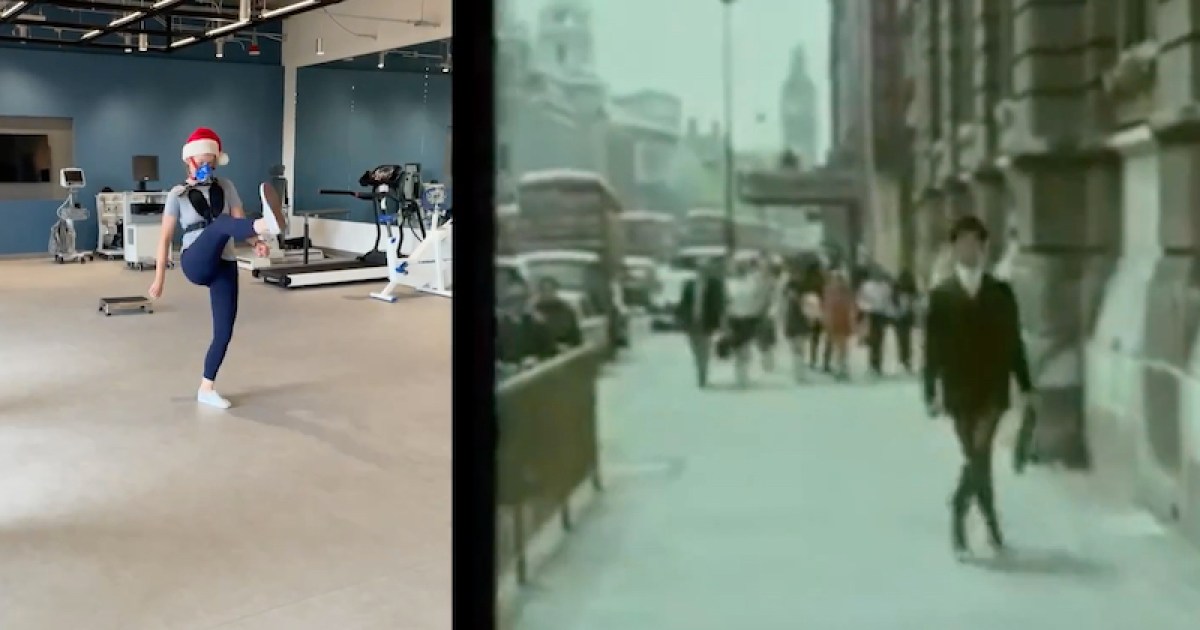More than half a century after first airing on the BBC, Monty Python’s famous “silly walk” sketch has inspired a group of researchers at Arizona State University to see how effective it might be for folks keen to burn a few calories after the excesses of the holiday season.
The results of the research — called Quantifying the benefits of inefficient walking: Monty Python-inspired laboratory-based experimental study — have been published in the British Medical Journal, and while it’s apparent that the research is partly an end-of-year bit of fun, the testing methods were nevertheless extremely detailed.
For anyone unfamiliar with Python’s Ministry of Silly Walks sketch, it’s described by The Times as “a satire on bureaucratic inefficiency” and features John Cleese as civil servant Mr. Teabag. We see Teabag walking to work in an extremely absurd fashion before conducting a meeting with Mr. Putey (Michael Palin), who is requesting a government grant to develop his own silly walk. Sadly for Putey, his walk is deemed far too sensible, and so his request is rejected.
Using Cleese’s walk as the focus of its study, the research team recruited 13 healthy adults with an average age of 34 years. Each participant was told to perform three types of walks around a 30-meter course, with each walk lasting five minutes.
The first walk was in their usual style, while the second was in the style of Putey, and the third copying the ridiculous Teabag.
Data was recorded for oxygen uptake, energy expenditure, and exercise intensity, with calorie expenditure also tracked, though the team did not record “minutes spent laughing or number of smiles as secondary outcomes while walking inefficiently.”
The results revealed the following:
— Inefficient walking (Teabag style) increases energy expenditure in adults by about 2.5 fold compared with their usual walking style.
— Adults could achieve 75 minutes of vigorous intensity physical activity per week by walking in Teabag style, rather than their usual style, for about 11 minutes per day.
— Substituting usual style steps with Teabag style steps for about 12-19 minutes per day would increase daily energy expenditure by approximately 100 kilocalories.
In its conclusion, the research team says: “Half a century ago, the Ministry of Silly Walks skit might have unwittingly touched on a powerful way to enhance cardiovascular fitness in adults. Increasing the inefficiency of physical activity and movement that we already perform (thereby requiring no further time commitment) might complement other public health efforts to promote regular physical activity in a joyful way.”
So, next time you’re on your daily commute or strolling through the mall, consider a spot of very silly walking to give your health a boost. Though do be prepared for some looks.
Editors’ Recommendations

